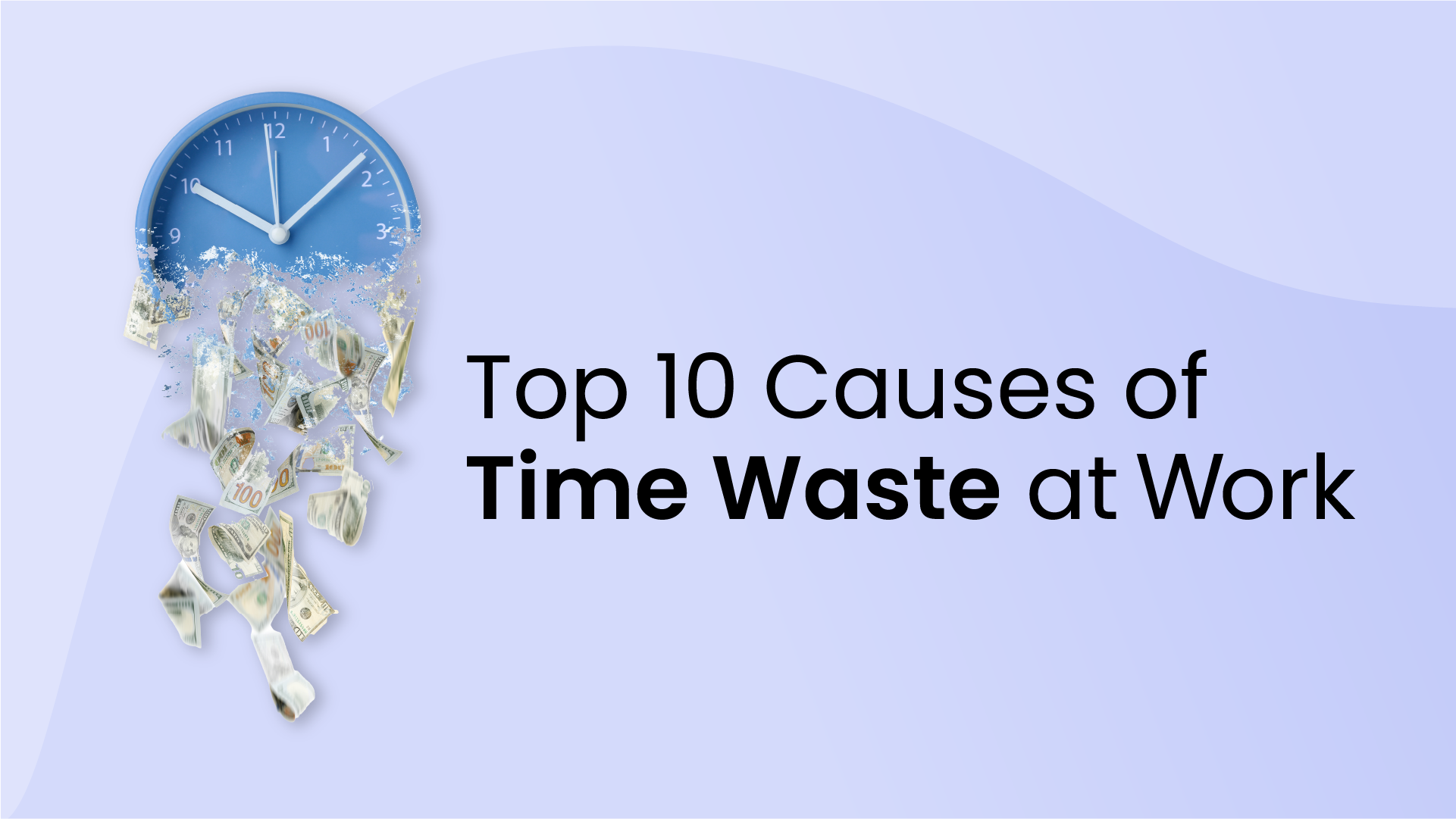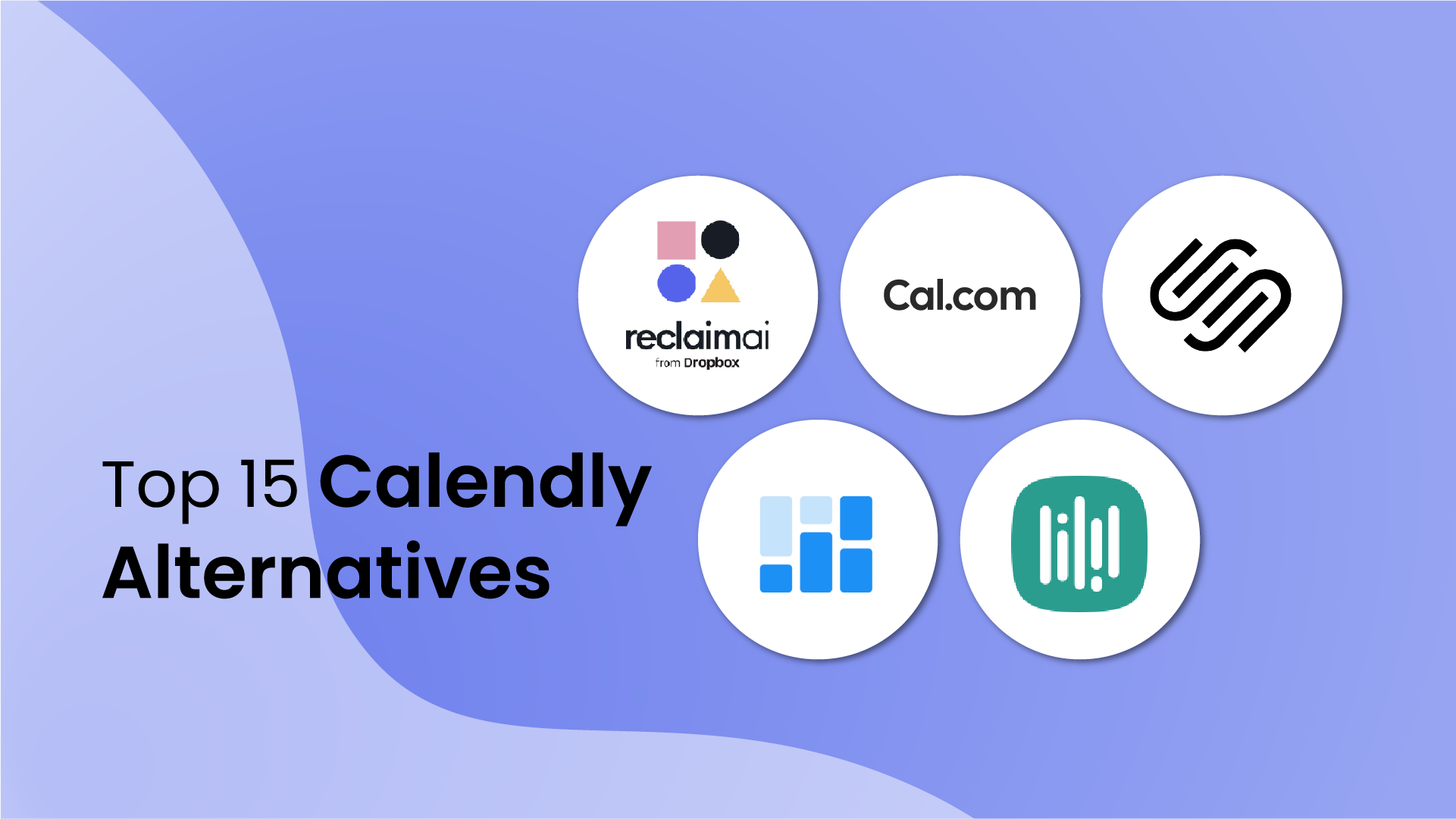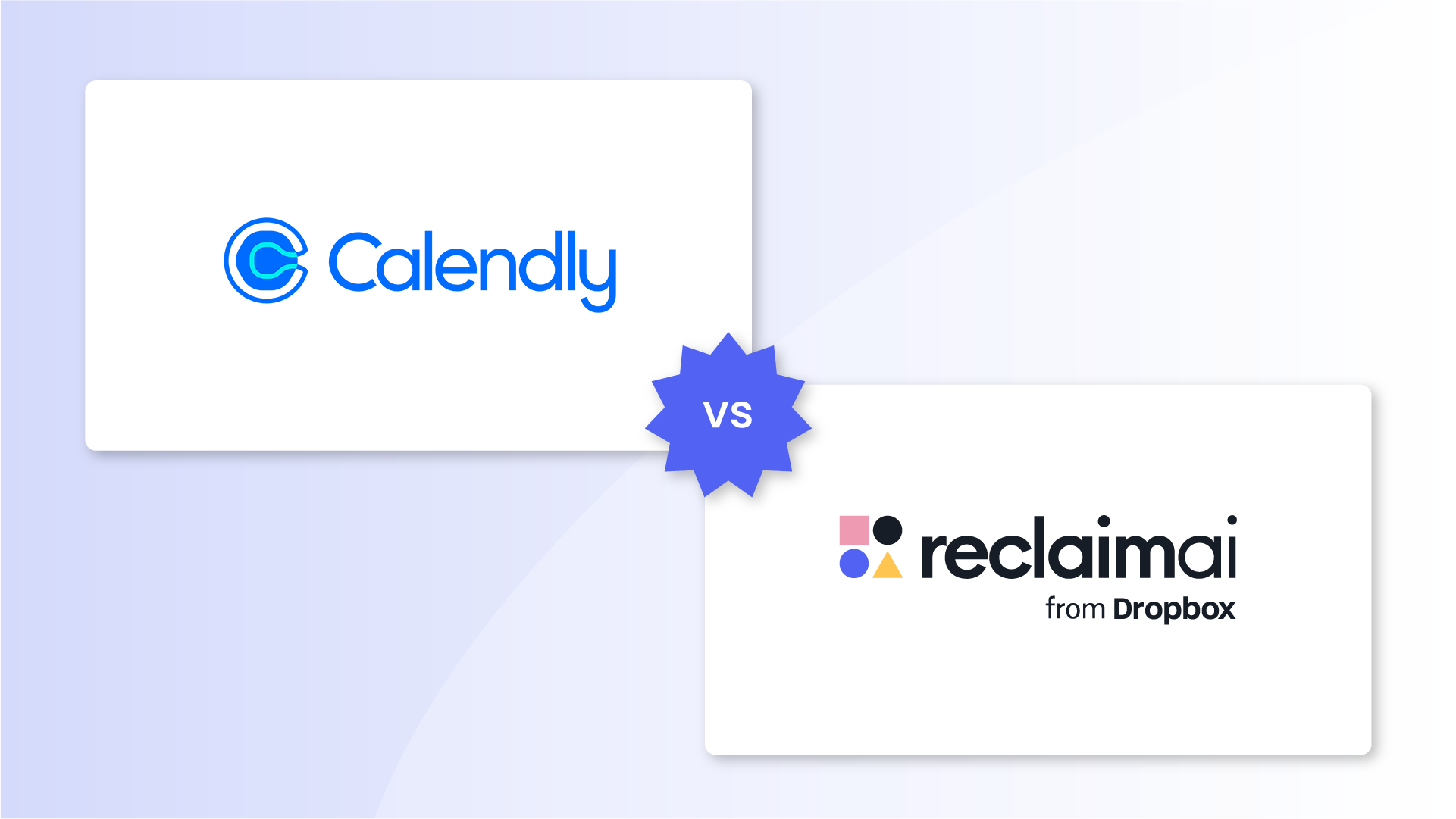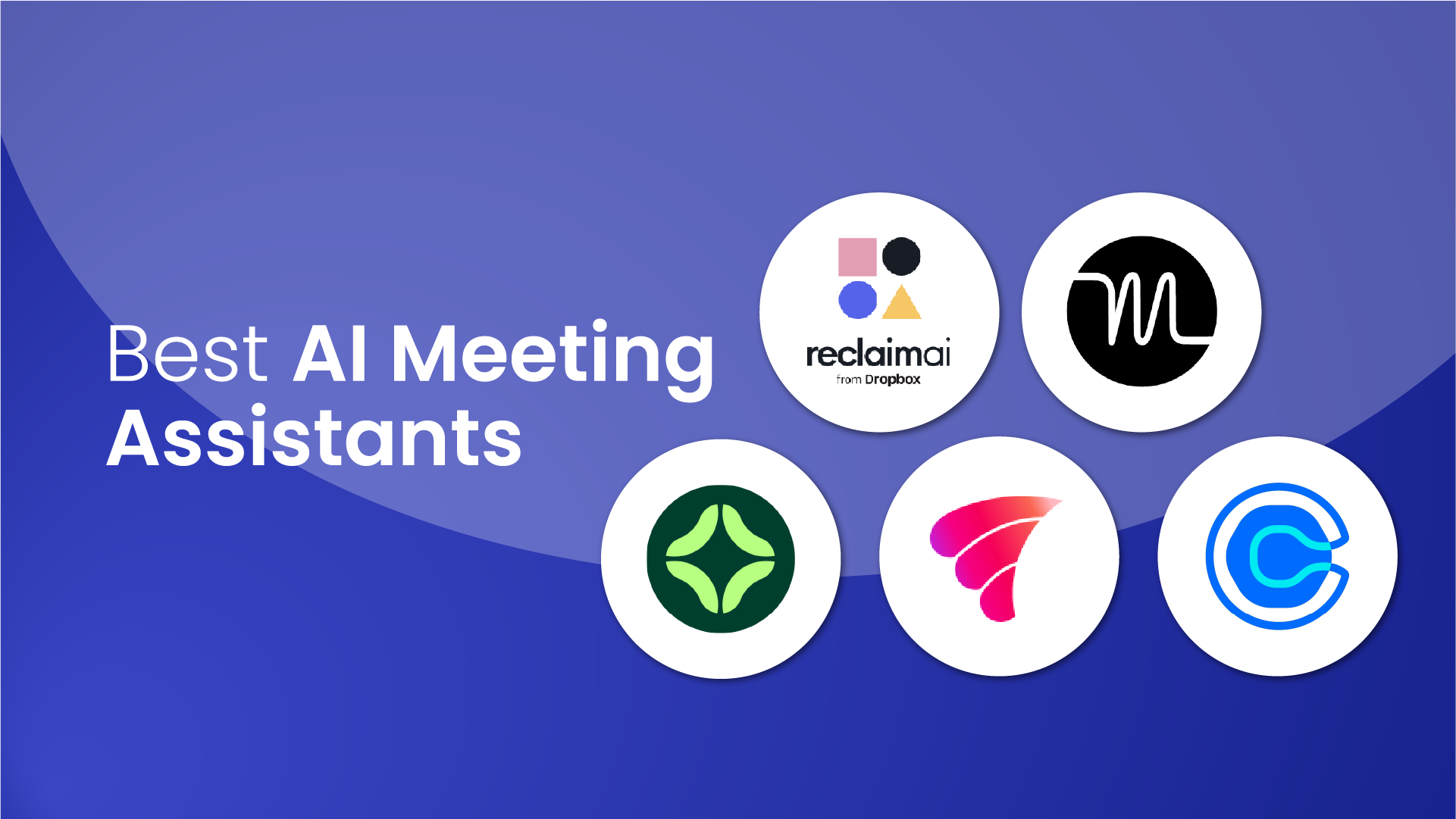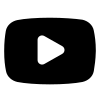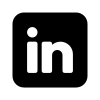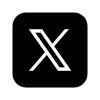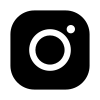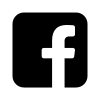Sixty-nine percent of full-time workers report being distracted at work, and it’s no wonder: Throughout your average workday, you're probably under siege by distractions—notifications from Slack, your phone, and your calendar; unnecessary meetings; and modern stresses (see: COVID-19).
The number of people, apps and...things vying for our attention, seems endless. But it is possible to maintain focus in the workplace barrage using techniques that are grounded in scientific research and the reality of modern working life.
Why You Can't Focus at Work
You’re not lazy or ill-disciplined if you can’t focus at work—the reasons you struggle to focus are rooted in basic human behavior.
Humans weren’t designed to handle 21st-century distractions
Neuroscience research suggests our brains haven’t evolved to resist modern distractions.
In studies of monkeys and humans, researchers from Princeton University and the University of California, Berkeley, found that attention “pulses in and out.” That lack of persistent focus would have benefited our ancient ancestors. Ian Fiebelkorn, an associate research scholar at Princeton Neuroscience Institute, said we have the opportunity to switch attention every 250 milliseconds: “It seems like it’s an evolutionary advantage to have these windows of opportunity where you’re checking in with your environment.”
But in our modern work environment, that automatic attention-switching is our downfall. It leads us to check email, Slack, and social media. And it turns out those sources of 21st-century distraction hack our biology, triggering dopamine, a chemical released in the brain that makes us feel good. Daniel Goleman, author and former New York Times science reporter, said digital distractions make intense focus even more challenging: “We've never operated in a universe where we've had more distractions, which means we need to become more intentional about focus and make more of an effort than ever to maintain our focus.”
Our brains are being trained not to focus
On some days, the demands of modern work life force you to scatter your attention across multiple tasks. Studies show this may be harming your ability to focus.
People who multitask all the time can't filter out irrelevancy. They can't manage a working memory. They're chronically distracted.
Back in 2013, the late Clifford Nass, a psychology professor at Stanford University, told NPR that people who habitually engaged in multitasking struggled to limit their attention to a single task:
“People who multitask all the time can't filter out irrelevancy. They can't manage a working memory. They're chronically distracted. They initiate much larger parts of their brain that are irrelevant to the task at hand. And even - they're even terrible at multitasking. When we ask them to multitask, they're actually worse at it."
Once we begin multitasking, said Nass, we risk rewiring our brains.
“Our brains have to be retrained to multitask and our brains, if we do it all the time— brains are remarkably plastic, remarkably adaptable,” he said. “We train our brains to a new way of thinking.”
By constantly jumping from task to task, we struggle to stay focused on a single task. According to Dr. Sophie Leroy, who specializes in the study of attention at the University of Washington, our brains struggle to switch between tasks. Her research shows that people experience “attention residue” when they are interrupted or need to leave a task unfinished.
Stress derails focus
Modern life is filled with stress, and that’s part of the reason you can’t focus at work.
According to Statista, 46% of North American workers who work 51 hours or more said they’d like to reduce their everyday stress. Financial Times journalist Madhumita Murgia shared research that found chronic stress eroded focus. Your body’s natural response releases cortisol during a stressful situation. Sustained high cortisol levels can shrink your prefrontal cortex, the part of your brain responsible for concentration and decision-making.
The COVID-19 pandemic has compounded everyday stress. A team of researchers from Åbo Akademi University in Finland asked about 200 people from the United Kingdom and North America to rate their anxiety during the pandemic. The study found higher levels of COVID-19-related anxiety were associated with weaker working-memory performance.
How to improve your focus
Guarding your focus time in the modern workplace doesn’t need to be complicated: It simply requires intention and consistency. In fact, you can be up to 500% more productive when working in a flow state, as you eliminate room for self-consciousness and worry about the other items that are usually pulling your attention.
Meet your most basic needs
When it comes to improving your focus, making time to rest and eat is essential.
Sleep
You’ve probably heard: A good night’s sleep can enhance your cognition. Matt Walker, a professor of neuroscience and psychology at the University of California, Berkeley, led a sleep study that involved performing MRI scans on the brains of sleep-deprived study participants. Researchers found that the part of the brain responsible for committing new information to memory wasn’t active when people didn’t get enough sleep.
Take breaks
Another strategy for boosting focus is to take a short break, according to brain-imaging experiments published in the journal Cerebral Cortex. In Thinking, Fast and Slow, psychologist and Nobel Prize winner Daniel Kahneman writes about ego depletion, the idea that self-control is a limited resource. Ego depletion hampers our ability to carry out tasks that demand mental energy. Hunger, writes Kahneman, causes ego depletion. In one experiment, judges approved more parole requests immediately after they ate. Right before lunch, though, the number of approvals dropped to almost zero.
Eat
As people made the shift to remote work during the global pandemic, it’s likely that lunch breaks became even shorter or were scrapped altogether. Of course, even if you block time for lunch, it’s easy for this slot to get trampled simply because it’s not flexible. Here’s what happens: A coworker books a meeting during your scheduled break; before you know it, the whole day has gone by, and you’re eating “lunch” at 5 pm—again.
When you block time for lunch at 12 pm every day, it's just way too easy for that time to get overbooked, and then—because the rest of your day is packed with meetings—you end up not getting lunch at all.
Reclaim’s software lets you insert a recurring, flexible slot into your schedule for lunch or anything else you want to do regularly. At first, this time is marked as free on your calendar, and it's visible only to you. As your calendar fills up during the day, your lunch slot is automatically moved if it's interrupted by meetings. When your day gets too full, the event flips to busy, and Reclaim will let people know you’re not available. Here's how this looks in action:

You get your lunch without having to manually shift your slot around—and you still get to keep your schedule flexible, without sacrificing your break.
Build a distraction-proof workspace
If you can’t focus at work, the answer lies in minimizing distractions, whether you're working from home or in the office.
According to a study published in the Journal of Management, researchers reviewed 247 publications on workplace interruptions and found workplace interruptions were not only common but almost impossible to avoid. The solution? Manage intrusions.
Prioritize your calendar
Creating a distraction-free workspace includes making sure your calendar supports your priorities. That means avoiding needless meetings and events that don't align with your goals. Think of your calendar as a to-do list for the things you must get done to make progress on your most important tasks. Add due dates to more urgent tasks to make sure you get them done before it's too late. Using Reclaim, you can block time for your tasks. That slot stays flexible and adaptive, so you're free to collaborate until Reclaim suspects you're at risk of missing your deadline, in which case, it'll mark it as busy.
Beyond controlling your schedule, you can set yourself up for better concentration by ordering your environment. A “calm, dedicated space for work” can lead to improved focus, writes Sam Chia of BetterUp. When a dedicated work area isn't possible, consider using desk organizers and noise-canceling headphones to eliminate clutter and distraction.
Hide your phone
Neuroscientist Andrew Huberman locks his phone in a safe while he works. Huberman’s method sounds drastic, but it’s rooted in research. Whenever it’s near, your smartphone will interfere with your attention span and reduce your cognitive capacity, according to research from the University of Texas at Austin.
Go offline
You can’t focus at work if you’re responding to a constant stream of emails and instant messages. Go offline when you need to focus and catch up on email and Slack messages at designated times during the day. Consider syncing your calendar and your Slack status. Using a tool like Reclaim, you can set yourself to Do Not Disturb and snooze notifications for different categories of work, along with customized status messages. This means you can communicate context to would-be interrupters and defend your time without sacrificing your privacy:

Instead of a generic "In a Meeting" or "Busy" message, you can automate your Slack status to say "I'm doing the afternoon school run" or something that conveys the actual context of what you're doing.
Play along with your natural focus peaks
Humans have internal clocks that govern our ability to focus throughout the day.
Find your hidden clock
In When: The Scientific Secrets of Perfect Timing, author Daniel Pink explores the research into our circadian rhythms. People are more creative or analytical, depending on the time of day. Find your natural states of alertness, and structure your work schedule around those patterns.
Plan according to your peaks
Plan your daily schedule around your natural peaks. For example, if you know that you tend to do your best deep thinking between 7 am and 11 am, you can set a flexible time policy for deep work. If you use software like Reclaim, it will automatically adjust that time block, dynamically changing your availability as new events are added to your schedule.
Pink concedes that scheduling your day according to your patterns might not be possible in a larger organization. You want to make yourself available to collaborate and bring people together to solve work challenges. Reclaim’s Habits give you that flexibility. You can tell Reclaim your ideal time, but if something comes up and you’re unable to perform your habit, the software will still find time for you to do it somewhere else during the day. When events are added to your calendar using Reclaim, they’ll be marked as free, and visible only to you. Your events are marked as Busy only as your day fills up or as your event is about to start. The benefit of this approach is you stay available until you truly aren’t.
Rewire your brain with focus rewards
Celebrating positive habits can wire them into your brain.
Think about a professional priority you need to spend time on regularly. The next step is to build specific habits around your goal and add times for those habits to your calendar.
In Tiny Habits, BJ Fogg, behavioral scientist and founder of the Behavior Design Lab at Stanford University, writes that the key to creating lasting change is to practice small habits. For example, if you want to read more, start with reading only one page. You can apply this approach to your personal growth as well. For example, to get started with mindfulness, begin with short sessions before building up to longer meditations.
After you’ve practiced your new habit, perform a celebration to reward yourself. Doing so releases dopamine, tying positive feelings to your new habit, Fogg writes.
Reclaim’s Habits allows you to make sure you engage in your routine regularly. Using Habits, you tell Reclaim what you need to get done and when you want your habit to happen. If that time isn’t available, Reclaim will adjust to find a time for you. You can also change the priority of Habits. So, if you decide that "Read 10 pages of a book" is something you want to always make sure you have time for, you can tell Reclaim to prioritize scheduling it above other stuff.
Above all, be realistic, and forgive yourself for not doing things in perfect sequence. Hold yourself accountable for finding time for the routines you need time for every day; over time, those small, consistent actions will help to ingrain new habits.
Regain control of your focus
Modern working life is steeped in distraction and competing priorities, pulling you in different directions. Once you take control of managing distractions and your daily schedule, you’ll find yourself maintaining your focus long enough to make meaningful progress on the work that matters most.









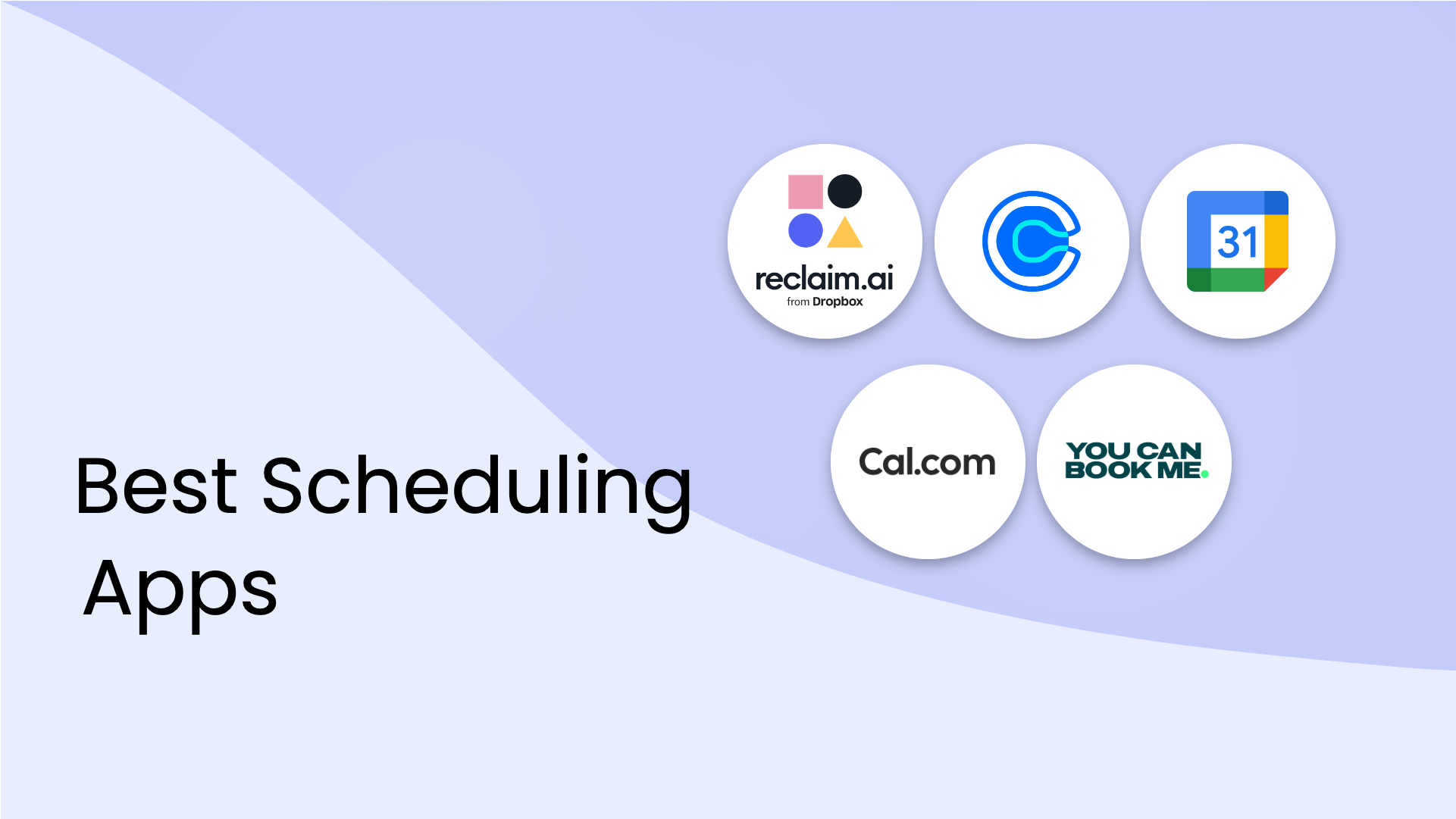
.png)
